Unpretentious and abundantly-flowing carnation Turkish occupies a special place in flower arrangements that beginners and experienced gardeners are grown on their flower beds. Among the main qualities, for which she fell in love with many - a bright color and a huge palette of colors. Beautiful Eastern name and Slavic endurance - it is the qualities that are famous for the Turkish Garden clove.
Turkish carnation. Description and varieties
Turkish carnation is a two-year-old garden plant, which in the first year after landing is painted only with stems. Abundant blossom of Turkish carnations can be seen only in a year. The height of adult plants is 12-15 cm (low-spirited species), 45-60 cm (tall varieties). Stems durable, reprehension, knotted. Leaves sitting, lanceal, green with blue tint. Flowers are assembled in global inflorescences, the color of which varies from white and to dark burgundy. The widespread and favorite gardeners are considered Turkish white clove, which has a strong aroma and big inflorescences.
Features of the cultivation of cloves Turkish
The cultivation of cloves by Turkish does not require much close care, but it is still necessary to take into account some rules. It concerns soil, lighting, watering and fertilizing young and adult plants. Almost every Turkish carnation is a long-term, but in the gardening it is customary to grow these plants as twilight. In addition, thanks to the leaning of cloves to self-sowing, the plant may not leave the garden over the years. It is enough just to cut forward shoots, pour and water them into hot weather.
Soil, fertilizer, lighting and watering
- Soil for growing will suit any. The only rule is good drainage. It is also important to take into account that the roots can be traced from the Turkish cloves from the convergence. That is, it is not necessary to plant it in places where the water flows after the rain.
- Fertilizer. Not necessary. You can feed the carnations during flowering by universal fertilizer.
- Lighting. Turkish carnation does not like direct sunlight throughout the day. It is better to plant it in a half, where the plant gets a few hours of sunlight per day.
- Watering. Immediately after seeding, the soil seed should be constantly well moistened. As the plant matches, watering gradually declines. Adult plants almost do not need to irrigate, with the exception of hot weather or the appearance of cracks on the soil.
Knowing how to grow Turkish carnation, you can decorate a plot without a big physical effort.
Diseases and pests of Turkish cloves. Methods for preserving a healthy plant
Carnation home Turkish, though unpretentious, but vulnerable. From spring and autumn, the plant may affect diseases and pests:
- Spring. Like most garden flowers, the Turkish carnation in the spring is a source of food for rodents, which produce green leaves made through snow and burned them. To destroy pests, you can scatter around the bushes poisoned grain or put mouselit.
- Summer. Machines threaten the root pest - Gallean nematodes. Symptoms: deformed, dull leaves, swelling on the stiff, stop the growth of the plant. Methods to eliminate the problem - the destruction of the plant and disinfection of the soil.
- Fusariosis is a disease that affects all parts of the carnation. Symptoms: Stems begin to gradually fade, and then completely die away. Infection comes from the newly entered fresh manure. Fusariosis is not amenable to treatment, but as a prevention of 3 times during the season, the soil is disinfected with a solution of potassium mangartanomain.
- Rust - fungal disease of Turkish carnations. Symptoms - Yellow pads are formed on the leaves and shoots. Treatment methods - soil treatment with lime or home (20 g per 5 liters of water).
- Insects: Mountain elephant and web tick. The first breaks out in the leaves of the hole, and the second sucks from the stems all the juices. The ecological way to destroy pests is a leek husk. Recipes of preparation: 100 g onion husk poured 5 liters of boiling water and insist 3-4 days. So infusion is treated with an affected stems 3 times with a frequency of 5-6 days.
With the slightest negative effect on the plant by disease or pests, it is worth immediately starting the treatment process.
Methods of breeding Turkish cloves
Young Turkish clove plants can be obtained in two ways:
- Decision root. Do it in the fall when the plant will flash. From an adult bush separated (with arms or knife) part of the root and plant it in a separate pot.
- Sowing seeds. Turkish carnation from seed is sighted quite simple. In the spring (April) or in the fall (October) on the busty soil rows to lay out seeds and sprinkle their land. A distinctive feature of autumn sowing is dry seeds and dry grooves around them, it is impossible to water in no case. So that the seeds are not extincting, you need to hide them with a "pillow" of leaves or straw, which immediately after melting snow are cleaned.
The video describes in detail how the Turkish carnation is breeding.
Turkish carnation in the garden. Neighborhood and place in landscape design compositions
Deciding to grow Turkish cloves on her site, it is not necessary to immediately plant it in an open ground. The lowest varieties look great in alpinera and rockers (as soil), and tall rods decorate their bright flowers, Rabatki and living hedges. In order for the flowers of the Turkish carnation to look effectively and did not lose their attractiveness during the entire flowering season, a profitable neighborhood should be observed with other "green inhabitants" of the garden. Plants for a good neighborhood with a clove of Turkish (in the varieties of carnations):
- the lowest varieties with bright pink and red color - gypsophila graceful, Kolyoma, Pyrethrum, girl;
- little varieties with light color flowers - sage medicinal, Karpathian bell, Damascus Chernushka;
- tall varieties of all colors - Scarlet Lichnis, Lupine, Eshcholce.
The Turkish carnation in the photo will face very effectively surrounded by the same abundant velvetsev, nasturtiums and hydrangeas. Among the anti-neighbors of this oriental beauty are tulips, dahlias and gladiolus.
Having learned about the peculiarities, secrets of cultivation and possible problems of the Turkish clove, you can safely buy seeds and soaring them on your site at least today (if the time of year allows)!

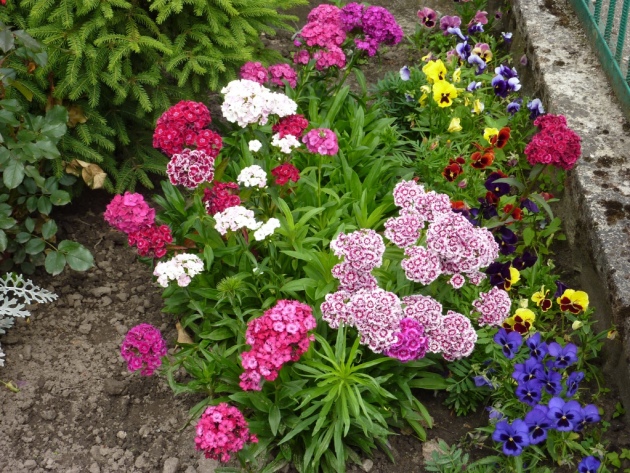
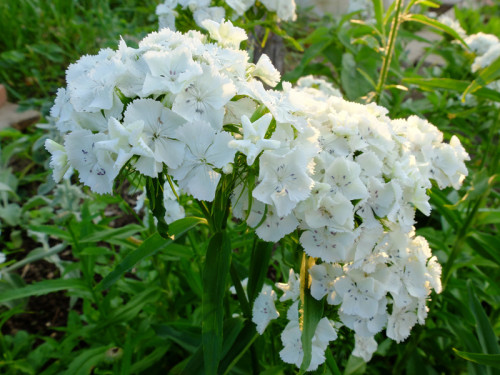
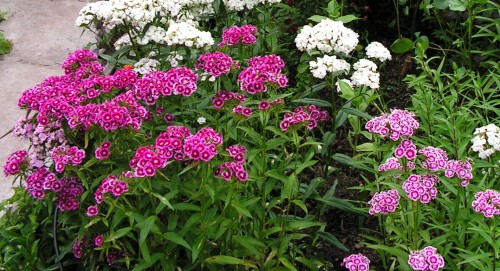
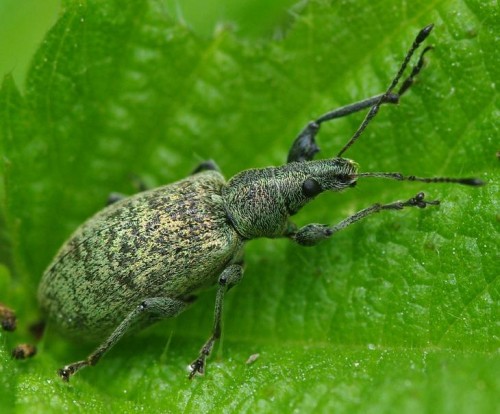
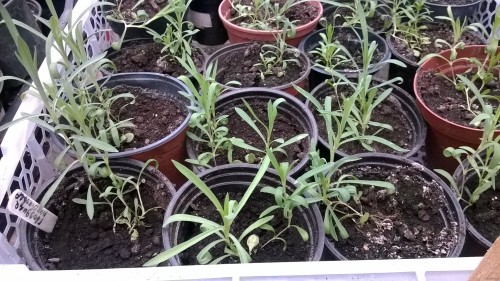
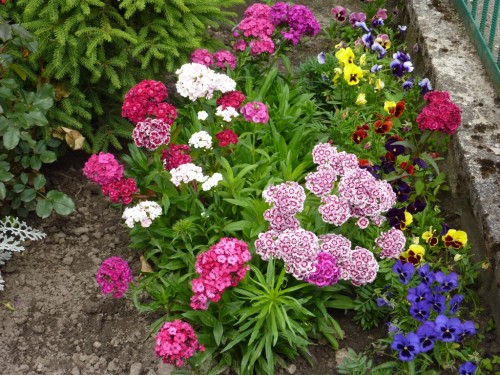
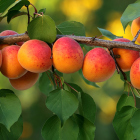
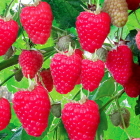
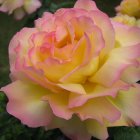
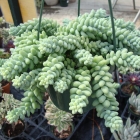
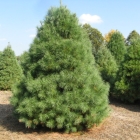
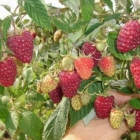
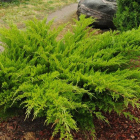
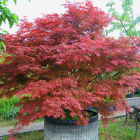
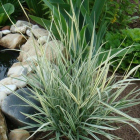
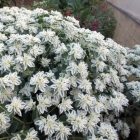
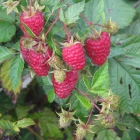
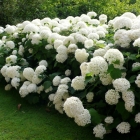
 Start a discussion ...
Start a discussion ...